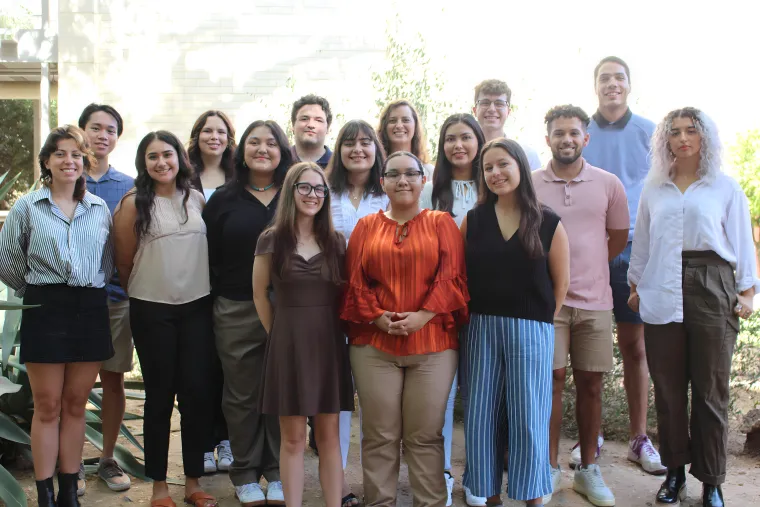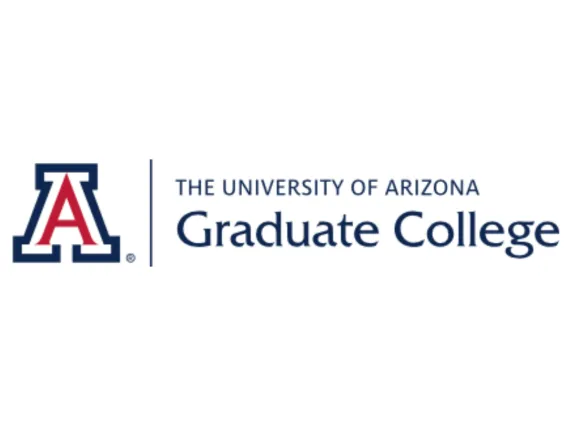The University of Arizona (U of A) Graduate College offers an amazing summer research experience focused on health issues that affect communities in a disproportionate manner. The Minimizing Health Disparities (MHD) participants have access to state-of-the-art research facilities. U of A is one of the top 20 public universities in the country, as reflected in our rankings by the National Science Foundation, the National Research Council, and discipline-specific assessments. The University of Arizona is a research extensive and Land Grant University, and a member of the prestigious Association of American Universities. It is one of a few universities in the country that houses Colleges of Science, Medicine and Agriculture within the same campus. This configuration, in addition to the presence of Colleges of Pharmacy, Nursing and Public Health, and the Arizona Cancer Center (the largest such center in the Southwest), Sarver Heart Center, and the Steele Children's Research Center, gives the University of Arizona unparalleled opportunities in biomedical teaching and research. Adding to this configuration is the BIO5 Institute that brings together scientists from five disciplines - agriculture, medicine, pharmacy, basic science and engineering.
This program runs June through August (10 weeks) over the summer. U of A and Non-U of A students are encouraged to apply!
2025 Dates: June 9 - August 14
Program Attributes include:
- A stipend of $5,000
- Six units of upper-division undergraduate course credit (tuition and fees paid by the Graduate College)
- Weekly speaker series focused specifically on biomedical research related to health disparities
- Workshops focused on issues related to biomedical research and graduate school preparation
- A U of A Faculty mentor in the biomedical field of study (may or may not be available for in person meetings)
NOTE: we have a team of staff members to support scholars to achieve the objectives of the summer program - Coursework and workshops on organizing research, research ethics, public speaking/communication skills training, creating and presenting an outstanding research poster, and crafting a successful graduate school application
- The opportunity to connect with other scholars in fields leading to biomedical careers, (i.e. Biology, Biochemistry, Chemistry, Molecular and Cellular Biology, Microbiology, Nutritional Sciences, etc.)
All students that meet the following criteria may apply. Students who have faced challenges in gaining access to higher education, (e.g. Pell-eligible, first-generation college students) are highly encouraged to apply. MHD is open to U of A and non-U of A students.
To qualify for this program, students must have:
- Academic status of an undergraduate rising junior or senior
- Enrollment during the previous year in an accredited four-year university or community college
- U.S. Citizenship, Permanent Residence or Refugee status
- Cumulative GPA of 3.0 or above
- Time to commit to a full-time schedule of 40 hours a week
- A major in fields leading to biomedical careers, (i.e. Biology, Biochemistry, Chemistry, Molecular and Cellular Biology, Microbiology, Nutritional Sciences, etc.)
Students interested in professional school (i.e., MD, JD, DVM) are not eligible.
The Minimizing Health Disparities (MHD) Program seeks to provide you an opportunity to engage in research with a professor in a biomedical field at the University of Arizona. MHD students are likely to be invited to participate in their mentors' ongoing research in their lab. The research objectives of the program are substantial and will require your full-time commitment. You will be expected to work on your research with your mentor and produce an Oral Presentation and Scientific Poster for presentation at the end of the summer.




